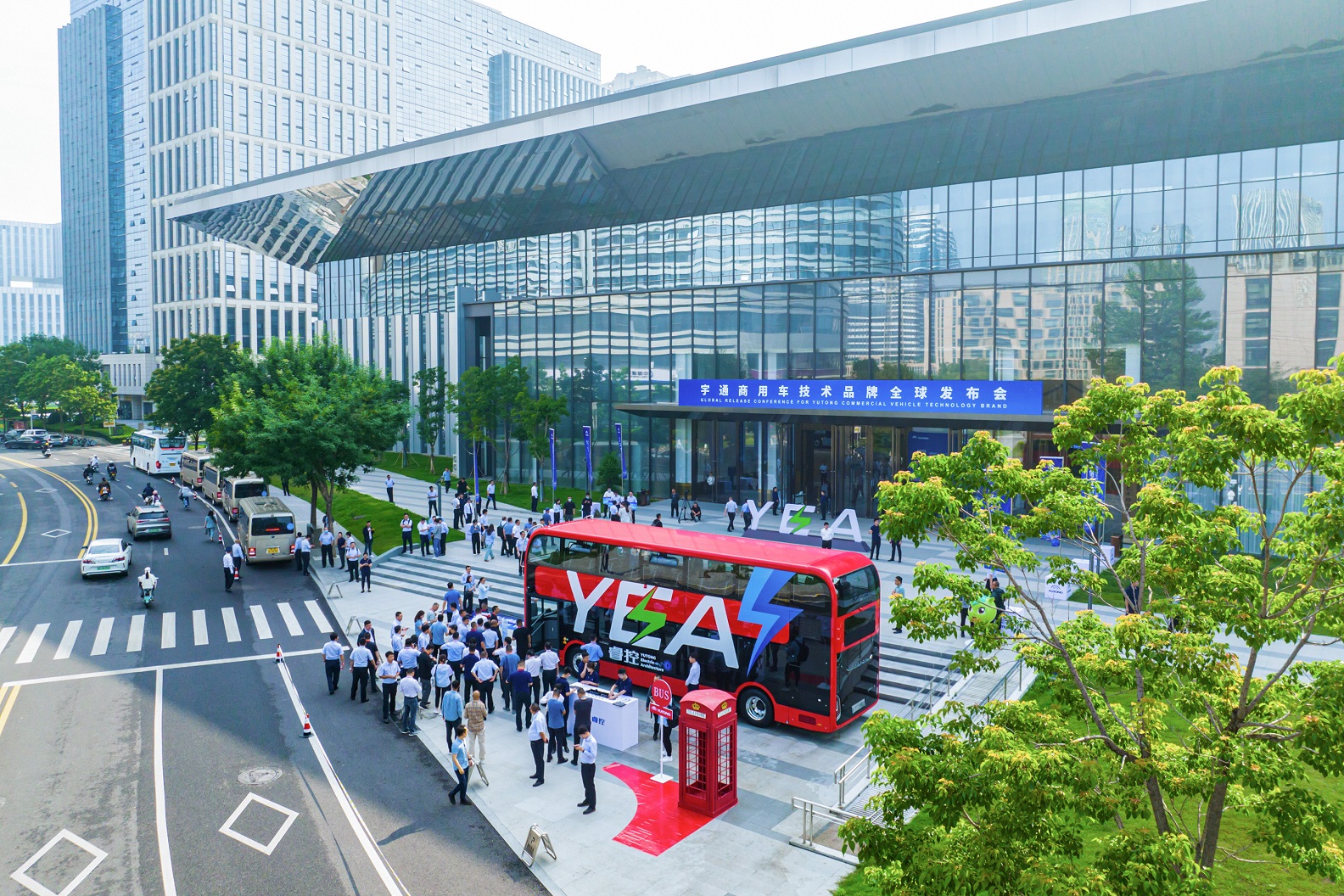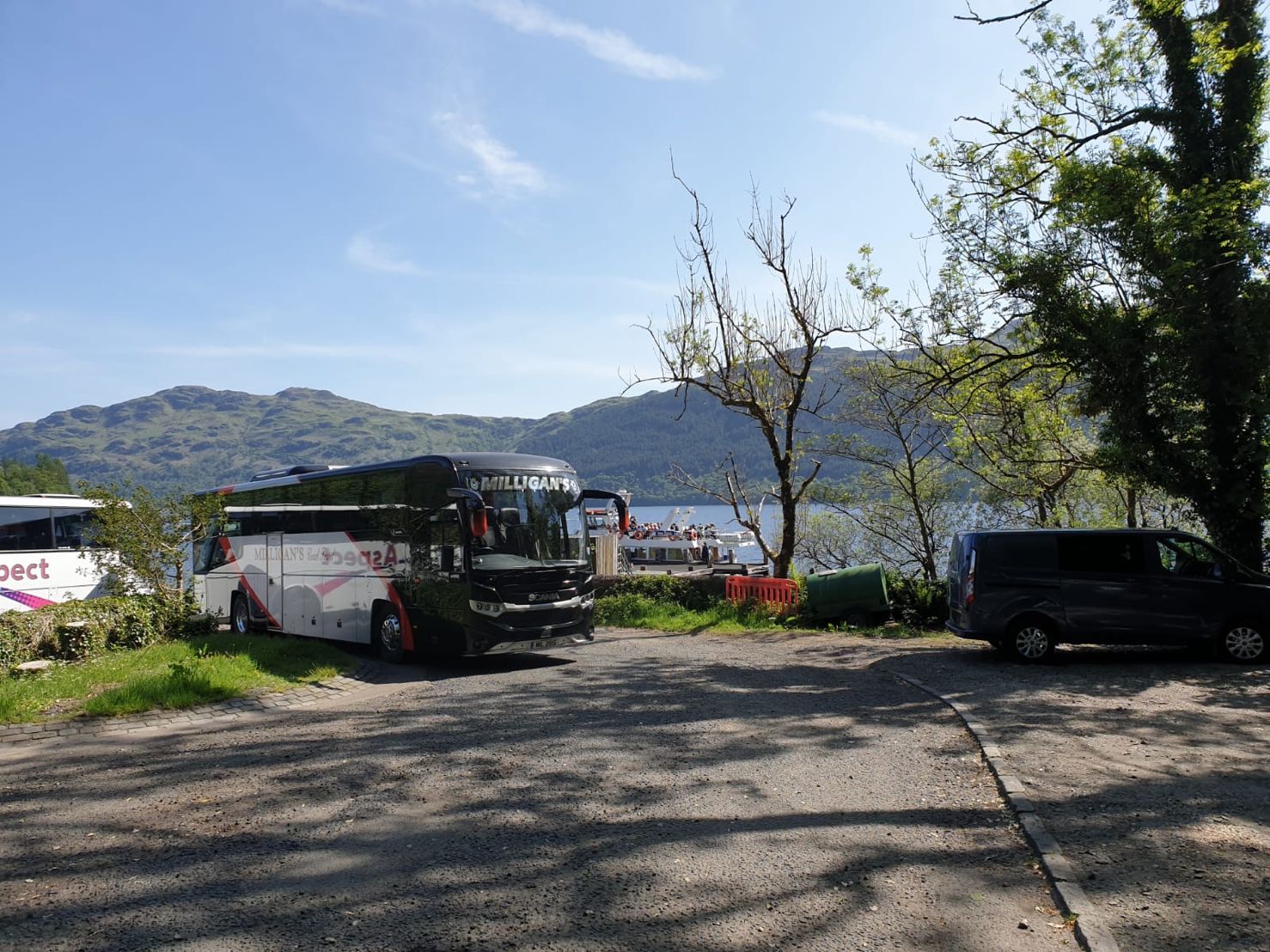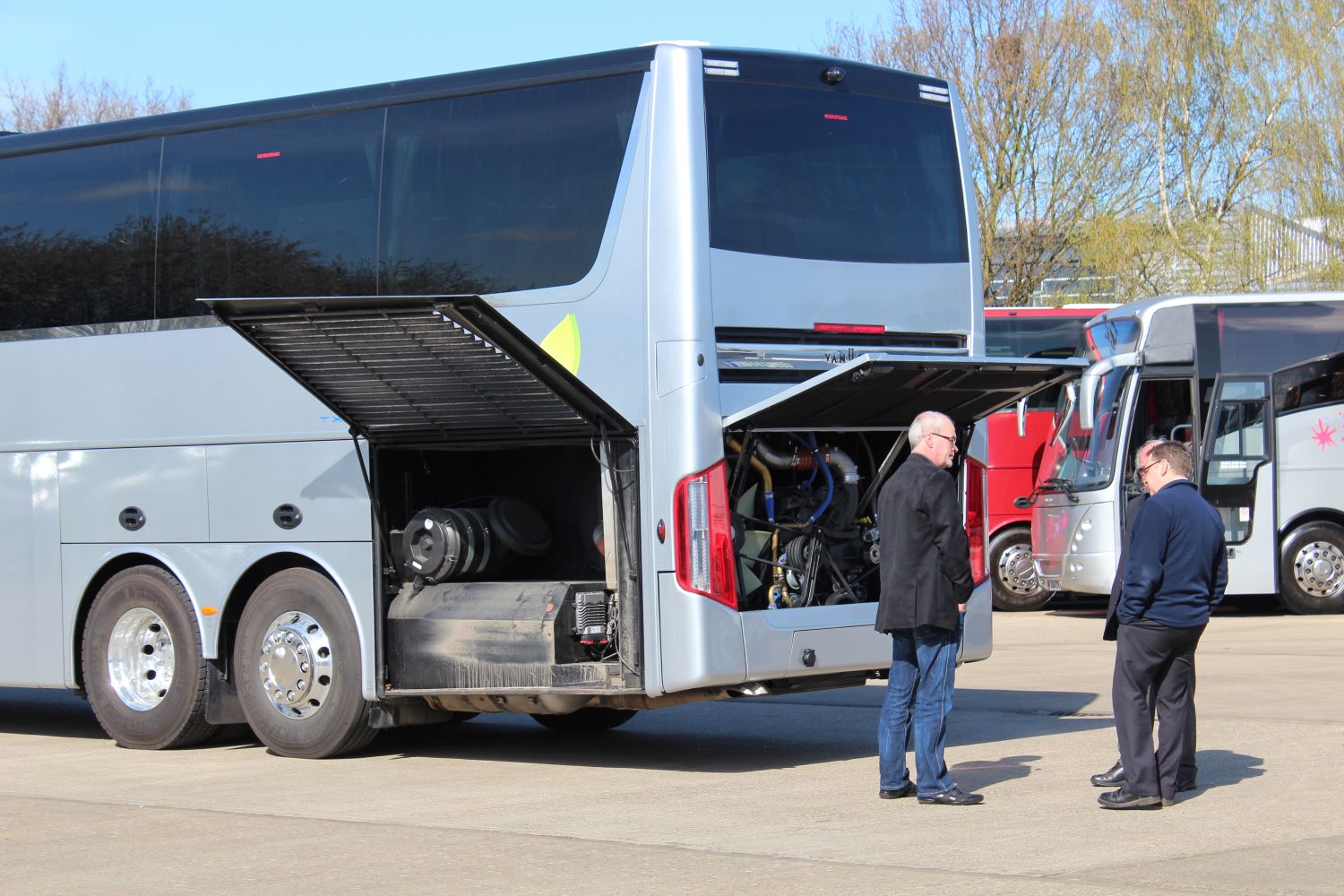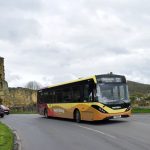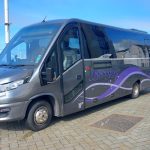Yutong has seen success in the UK since its first coaches debuted here in 2014. Just as the range of vehicles offered by dealership Pelican Bus and Coach has grown – and will do so further shortly – so has work continued apace at the Chinese OEM’s research and development facility.
Two new Yutong battery-electric models are due for the UK. First is the long-promised U11DD double-deck bus. The first to be shipped here is complete and it will leave China later this month. It promises 385kW/h of battery capacity and the same energy-efficient driveline as already deployed successfully in single-deck buses and the TCe12 coach.
Second of the new battery-electrics is perhaps the most revolutionary. The GTe14 will be a tri-axle coach to sit alongside the existing two-axle TCe12. Although the GTe14 will follow the U11DD, it has already been described by Pelican as a three-axle, zero-emission version of the diesel GT12.
Meanwhile, the manufacturer recently announced its Yutong Electric Architecture (YEA) development. YEA is described as “the first electrification technology platform integrating software and hardware into the commercial vehicle industry” by Yutong. YEA will “set off a new wave of technology revolution and value enhancement” in the commercial vehicle industry.
YEA consists of architecture and an operating system. The former includes highly integrated hardware to reduce the number of on-vehicle controllers “from several dozen to less than 10,” which Yutong says is achieved using “a very small number of domain controllers… to enable more accurate, precise and faster control, realising more efficient and safer driving.”
Yutong Electric Architecture: Equivalent to iOS and Windows
The Yutong Operating System element of Yutong Electric Archiecture “is to Yutong what iOS is to an iPhone and Windows to a PC,” the OEM claims. Among other aspects, it leverages big data generated by the 170,000-strong Yutong new energy fleet globally.
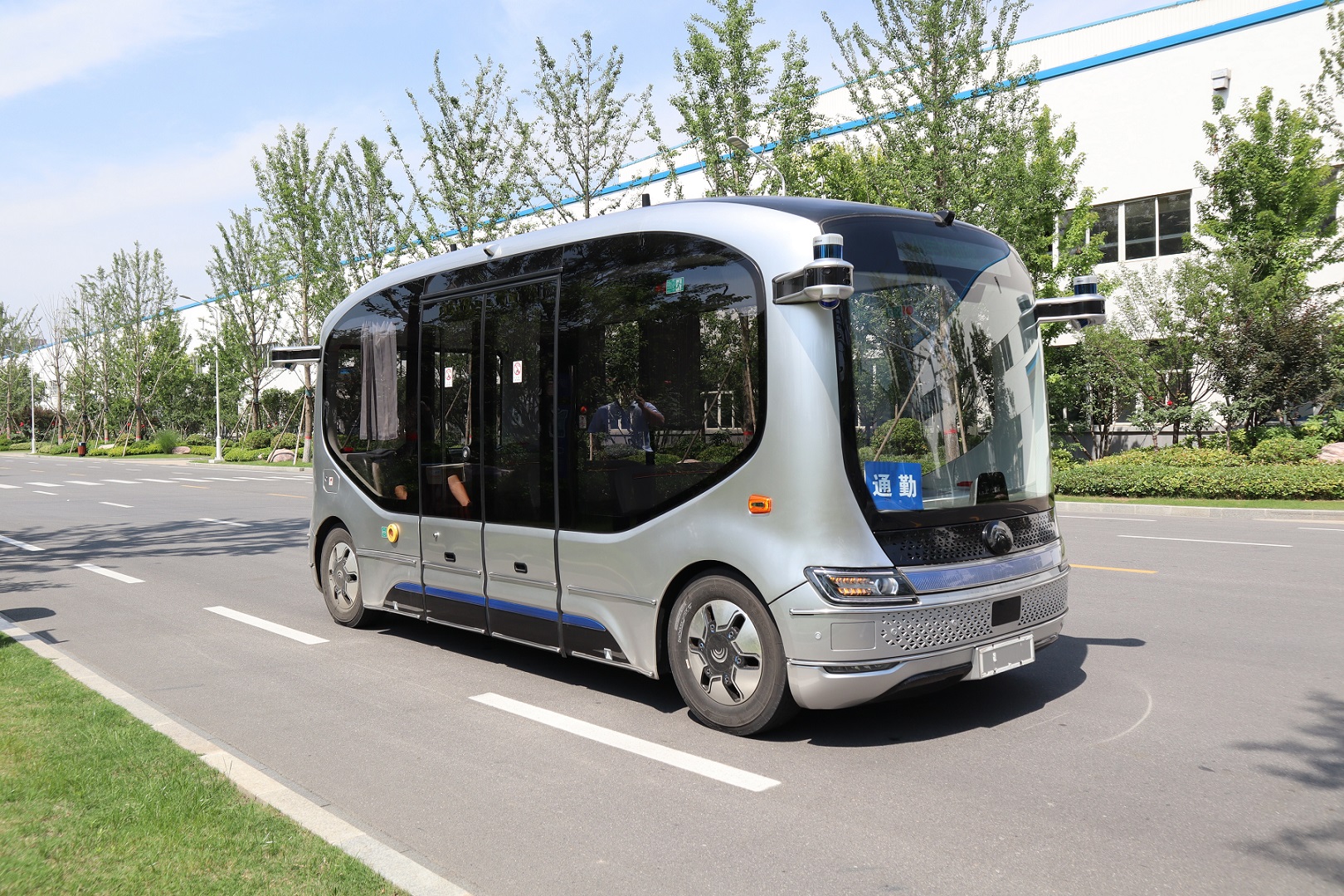
When the building blocks are combined, YEA gives what Yutong says is a major increase in computing power and control efficiency. It will also support continuous over-the-air vehicle upgrades.
For an operator, Yutong Electric Architecture is claimed to deliver an increase in range of over 10%, a reduction in operating costs by 20%, greater durability, and vehicle availability as high as 99%. And pending debut of the U11DD and the GTe14 in the UK illustrates that more operators in both the coach and bus segments will soon become familiar with Yutong battery-electric products.
Battery-electric tri-axle coach forms part of model work
Shown recently by Yutong is what it calls a TC15E in left-hand drive form. It is a prototype of the forthcoming GT12-based battery-electric range that will include the GTe14 and is to a specification to suit use on scheduled services. The TC15E’s 15m length maximises capacity, and while it will not come to the UK, the same platform will be used to create the GTe14. Hence, the prototype gives a good idea of what to expect from the latter model.
Pelican is currently finalising specification aspects of the GTe14. UK Coach Sales Manager Simon Collins says that the first examples are expected here in Q1 2024. Baseline energy capacity will be 422kW/h, but Simon notes that there “will be a 563kW/h option should customers require.” The TC15E prototype has 630kW/h.
Axles all round will be from ZF, with the driveline based on that used successfully in Yutong’s battery-electric buses and the TCe12, although with twin motors in the same housing to take account of the tri-axle coach’s greater weight.
Range of UK-specific provisions on GTe14
While the first GTe14 is yet to be built, the TC15E – with its greater battery capacity – comes in at around 16,600kg unladen. The GTe14 will offer a maximum capacity of 63, but Simon expects some customers to specify less than that.
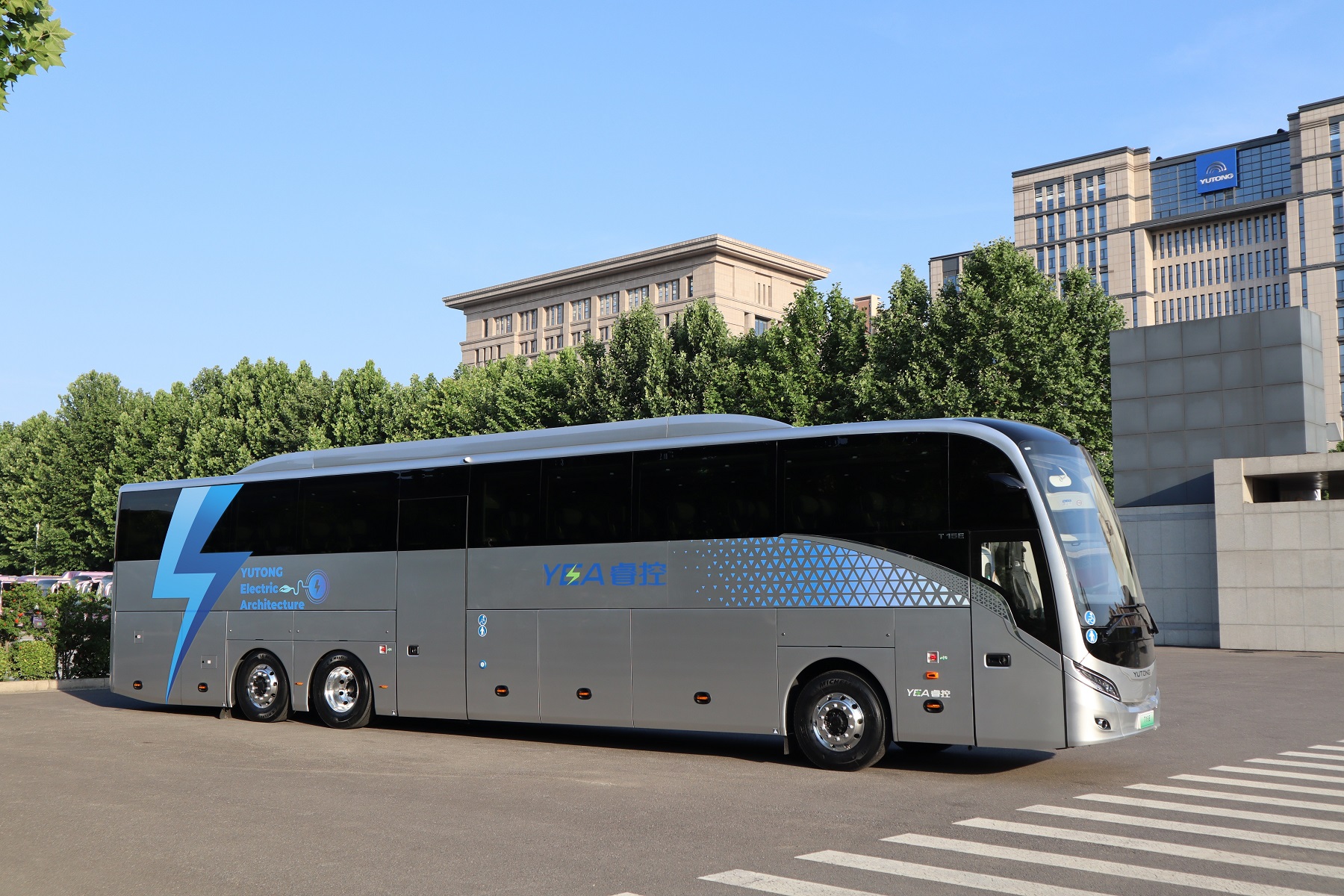
“The GTe14 is fundamentally a three-axle, battery-electric version of the GT12,” he explains. A centre sunken toilet will be available, as will PSVAR compliance or readiness. The 422kW/h variant is expected to deliver a range of 200 miles, and the 563kW/h fitment an endurance of 280 miles.
The GTe14 will have twin 150kW inputs and Yutong confirms that opportunity charging via roof-mounted rails and a freestanding pantograph unit could be incorporated optionally.
The TC15E prototype is nicely specified internally, although several aspects will be changed on the GTe14. It has the GT12’s passenger service units and well-appointed Yutong seats that are trimmed in synthetic leather with silicone padding. Pelican expects to include USB-A and USB-C and 240v charging points on the GTe14.
Coach industry ‘can leverage electric’, operator believes
Pelican is talking to potential buyers of the GTe14. One operator that already has a TCe12 is Coatham Coaches of Saltburn, and its Managing Director Mark Hodgson has also seen the TC15E prototype. He believes that there is scope for the coach industry to expand its zero-emission fleet, but that a creative approach is needed.
“It will call upon us to drill into our clients’ environmental, social and governance policies and carbon reduction strategies and help them to achieve those,” Mark says. “There could also be an opportunity with the GTe14 for cruise-related work.” Pelican sees cruise tours as one of three primary avenues for the new model, with the others being airport transfers and school duties.
Mark adds that a 300-mile range may open the door to football team coach applications. Many clubs have growing environmental consciences, and with an opportunity to charge the GTe14 while at a stadium coupled to a versatile cabin and ample luggage space, movement could be possible there. “There is a market for vehicles like this, but we need to educate customers. On our chauffeur-driven side, clients are already asking for zero-emission cars, or reports on the carbon impact of their travel.”
Long-promised U11DD arriving soon
Arriving soon will be the U11DD. Its development for this market is well-known and that work has been underway for “a number of years,” says Head of Yutong Bus UK Ian Downie.
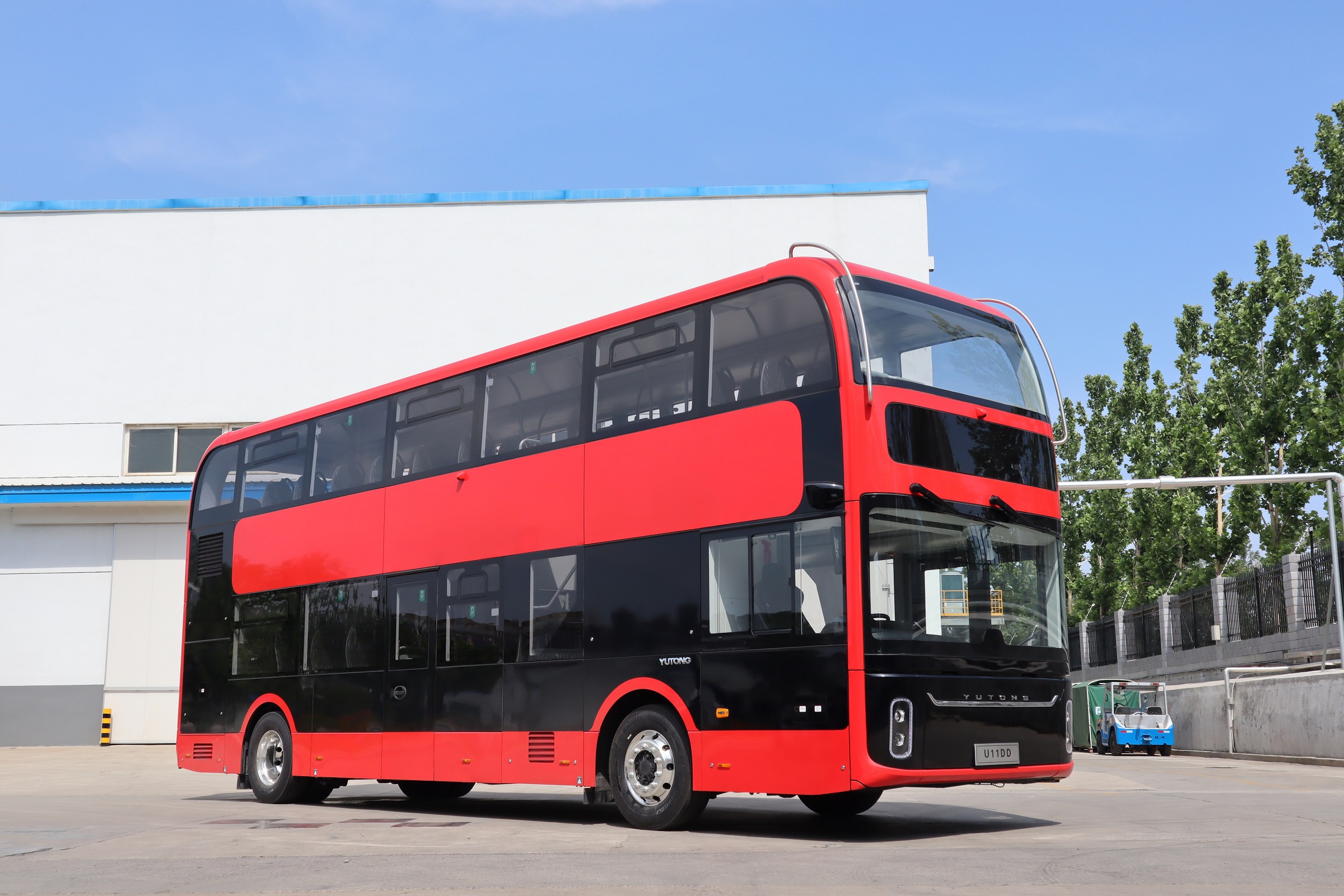
The first U11DD is a demonstrator and it is to be reliveried into silver before leaving China. Ian adds that it will see service with potential buyers from September and that a second such bus will follow. Two U11DDs are also on order for Newport Transport.
The first bus has Yutong’s own seats in high-backed form (with 43 upstairs and 25, including four tip-ups, on the lower deck) and Alfatronix Alfacharge mobile device holder and chargers; it also has some USB-A and USB-C charging points within the side walls. As with the single-deck bus range, the U11DD is air-conditioned.
Pelican will release further information on the U11DD later, but the first demonstrator comes with rear-view cameras and a centre offside emergency door, along with separate wheelchair user and buggy spaces. Its compact staircase has a window at the lower level.
The U11DD represents a big step for Pelican, and also for Yutong. The manufacturer says that the model contains some “breakthroughs” on lightweighting. It has high hopes for the product’s performance in the UK.
No letting up on R&D efforts in electric for Yutong
Pelican continues to complete battery-electric buses in the UK before delivery. Yutong has 15 such KD arrangements globally. They are its focus above establishing a factory in Europe, despite growing vehicle volumes here.
The OEM continues work on solid state batteries. That chemistry brings significantly enhanced energy density, but it also comes with some challenges. Yutong acknowledges that solid state is the future direction of traction battery technology. But a spokesperson notes that “technical questions still exist” and that the manufacturing process of solid state remains immature.
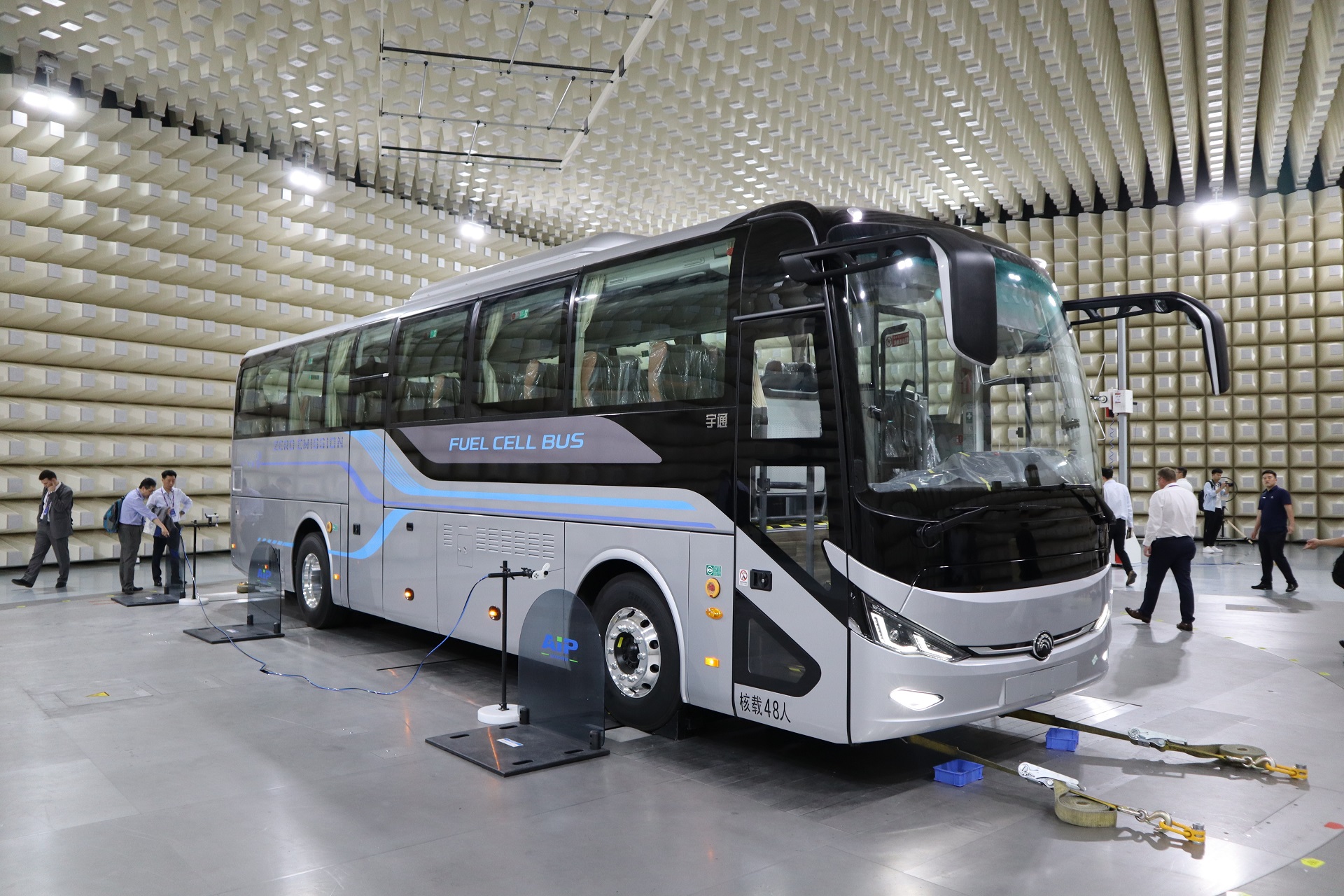
“Solid state is still in development, but it currently has a very high cost due to process and technology issues,” they continue. “Only after solid state has become mature will we consider it.” Yutong also believes that hydrogen power will eventually sit alongside batteries. It is involved in a trial of fuel cell buses in Zhengzhou, but cites cost and the source of hydrogen as difficulties. Total cost of operation is thus higher than for batteries.
“Battery-electric will be the dominant source of power in the coach and bus segment, although fuel cell will coexist,” the spokesperson notes; already present within Yutong work is a hydrogen fuel cell-electric coach. But the GTe14 and the U11DD support its faith in battery power. Look for them here soon.
Since publication of this feature in print form, Pelican Bus and Coach has also confirmed that it will offer an extended E9L battery-electric midibus.













